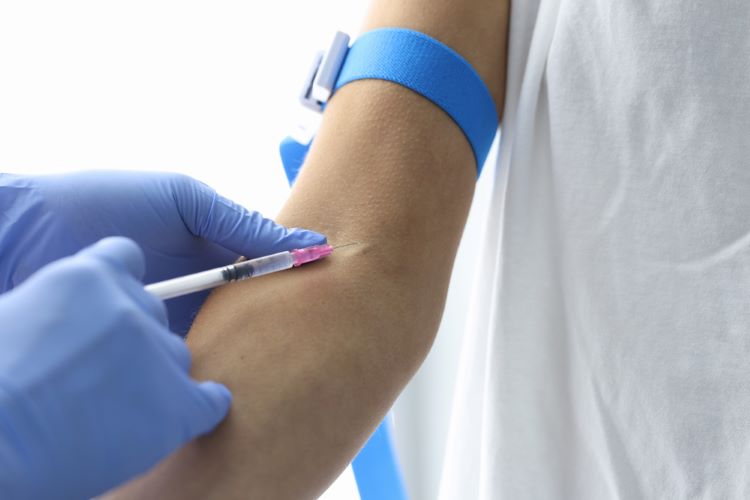Low dose injectable could aid prenatal depression
Posted: 11 April 2024 | Catherine Eckford (European Pharmaceutical Review) | No comments yet
Research suggests that for every five mothers given low dose esketamine, one major depressive episode could be prevented.


A new clinical study has demonstrated that when administered immediately post-childbirth, one low dose injection of esketamine reduced major depressive episodes in individuals with prenatal depression.
Based on the data, the researchers concluded that low dose esketamine should be considered in mothers with symptoms of prenatal depression.
In mothers with prenatal depressive symptoms, a single low dose of esketamine given shortly after childbirth decreased major depressive episodes at 42 days postpartum by about three quarters, the findings showed.
As such, the investigators estimated that one major depressive episode could be prevented in every five mothers given the small molecule treatment esketamine.
Impact of the results of the esketamine trial
In mothers with prenatal depressive symptoms, a single low dose of esketamine given shortly after childbirth decreases major depressive episodes at 42 days postpartum by about three quarters”
Importantly, the researchers stated that the trial “extends existing understanding by targeting women with pre-existing prenatal depression, who were therefore at high risk of postnatal depression”.
Commenting on the results, Dr Camilla Nord, Assistant Professor of Cognitive Neuroscience and Programme Leader at the MRC Cognition and Brain Sciences Unit, University of Cambridge stated that the strength of the effect of esketamine in this patient group is “notable”. For example, “a reduction in rates of postpartum depressive symptoms from a quarter of the sample (mothers given placebo) to six percent (mothers given esketamine)”.
Dr Nord stated that based on the data, the treatment is “most worthwhile when postpartum depression is likely to occur (eg, in mothers with prenatal major depression)”.
“Overall, however, this study provides a strong indication that esketamine has treatment potential for preventing postpartum depression in mothers with mild prenatal depression,” she added.
The trial evaluated 361 mothers preparing for childbirth, who were at an average age of 32 years old and considered to have mild prenatal depression. Therefore, it is uncertain as to whether esketamine has equal efficacy for severe depression.
The paper was published in The BMJ.
Related topics
Clinical Development, Clinical Trials, Drug Development, Drug Safety, Industry Insight, Research & Development (R&D), Therapeutics









